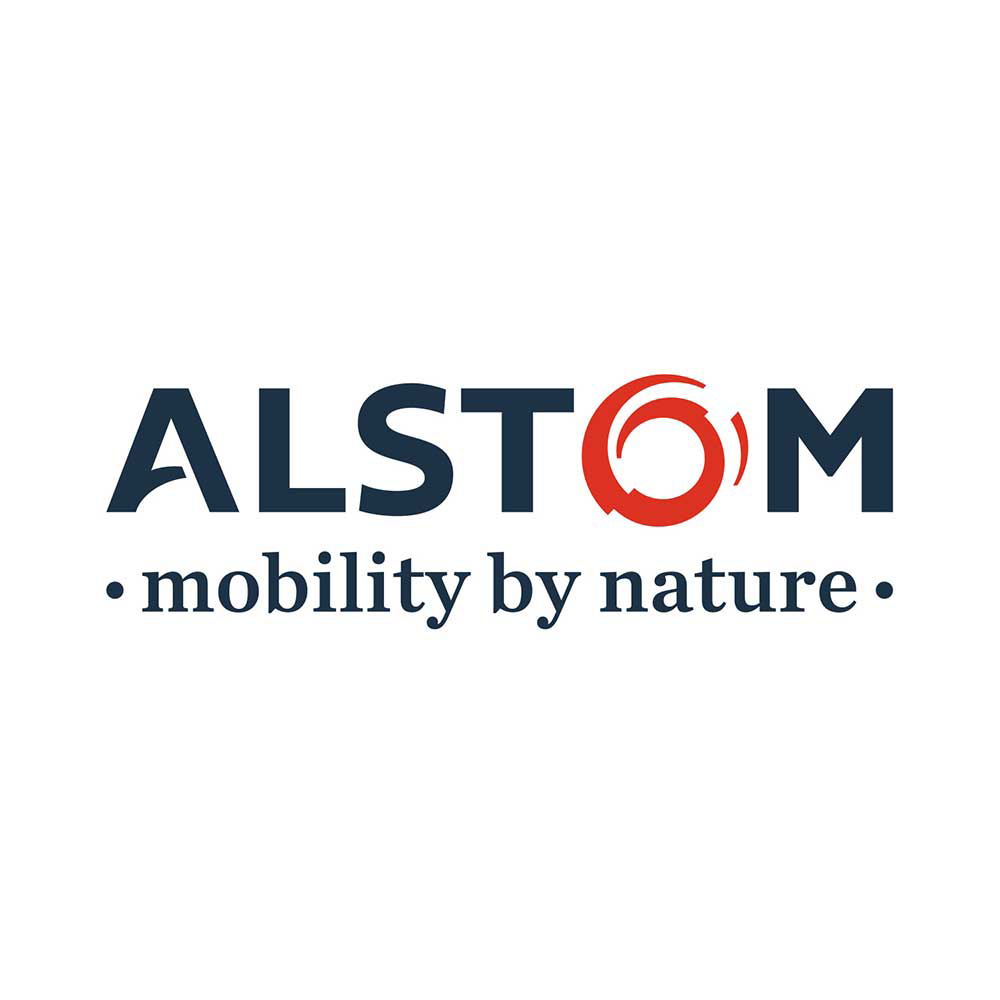With demand for green transportation options growing, Alstom, maker of the world’s first CO2-emission-free, hydrogen-based passenger train, aims to create a sustainable future for transportation. And Alstom is achieving its goals through a wide range of mobility products and modernised global IT operations.
Headquartered in a Paris suburb, Alstom provides a complete range of equipment and services to more than 300 cities worldwide, from high-speed trains that travel up to 320 km per hour, metros, and trams to integrated systems, customised services, infrastructure, signaling and digital mobility solutions.
With a focus on delivering green and smart mobility solutions, the company fosters innovation by collaborating with external partners as well as 70,000 employees across 70 countries. Employees in all business lines and more than 250 locations are encouraged to share new ideas, and Alstom identifies and nurtures the most promising ideas to support the company’s innovation strategy. IT modernisation is key to supporting this transformation.
Accelerating business agility
“To accelerate business agility and build a foundation for future growth, we needed a fast, efficient and flexible infrastructure,” says Stephane Detruiseux, chief information security officer and technology vice president at Alstom. “The public cloud is naturally the key component of that transformation.”
DXC Technology, a long-time provider of IT outsourcing and other services to Alstom, was the logical partner to support the company’s digital transformation journey. DXC supports Alstom’s mission-critical systems on a 24x7 basis across all regions. An important step for increasing flexibility was modernising Alstom’s IT infrastructure and moving key resources to the cloud.
In addition, the deployment of DXC Platform X, a data-driven intelligent automation platform is helping facilitate the ongoing transformation. The increased automation has allowed Alstom to consolidate workloads and bring together core storage, networking and compute functionality into a single, highly virtualised solution. In addition, simplifying the infrastructure and increasing automation are two of the measures that have helped Alstom achieve a 62 percent reduction in critical IT incidents over the past 3 years.
DXC’s long-term partnership with VMware is also delivering benefits in the areas of cloud integration and IT infrastructure modernisation.
“The partnership we have with both DXC and VMware gives us a brilliant pay-as-you-go model that involves everything,” says Mehdi Belahcen, senior cloud architect at Alstom. “The private cloud as a service model has allowed Alstom to not only have infrastructure as a service but also software and licensing as a service, and that’s exactly what we need to give the business this flexibility.”
Doing Cloud Right
Success in this and other projects have led to a higher level of trust and collaboration between Alstom and DXC, as the company moved to the Microsoft Azure public cloud. So far, DXC has moved more than 1,000 virtual machines to Azure without disruption and continues to provide operational support for Alstom’s compute, storage, database, security, and SAP infrastructure.
DXC applied its Cloud Right™ approach to develop a clear cloud strategy and implement a flexible, efficient infrastructure. DXC focused on helping Alstom make the right technology investments at the right time on the right platforms.
DXC advised Alstom to move some workloads to public cloud while keeping others on premises, based on specific business cases. For example, Alstom retained critical on-premises infrastructure at some locations to protect data and control costs. DXC used industry-leading tools and agile best practices to migrate and modernise Alstom’s business applications.
“DXC’s Cloud Right approach allows us to choose the solutions that work best and are most cost effective,” Detruiseux says.
Value delivered
Enabling virtual collaboration in the workplace
Increased operational flexibility was essential when thousands of Alstom employees were forced to work from home during the COVID-19 pandemic. DXC led the deployment of a Citrix-based virtual desktop infrastructure and the implementation of an anytime, anywhere on any device strategy supported by Microsoft Azure.
This meant that once the lockdowns started in Europe, Alstom employees could work from home and still access files and collaborate remotely on shared data while staying connected using Microsoft Office 365 and Teams. With collaboration among design teams so critical to the company’s goal of fostering innovation, DXC facilitated the move of 2,000 Alstom engineers to a virtual working environment in a matter of weeks.
“The aim was to connect remotely to our engineering applications and enable our engineers to use this demanding software from home, even with a standard laptop connection, since all the renderings are processed by virtual machines in the cloud,” Detruiseux says.
The modernised infrastructure and flexible cloud environment meant that complex design images could be shared virtually, rather than demonstrating them in-person in Alstom’s lab. Alstom can now share its latest innovations and sustainable solutions with customers using remote 3D simulations.
“This crisis shows how instrumental a clear cloud strategy is for a global company undergoing digital transformation in an uncertain world,” Detruiseux says. “Without this digital dexterity, it would have been impossible to face such an unprecedented situation.”
This flexibility is now allowing Alstom employees to adopt a hybrid work model, splitting time each week between working at home and in the office. This is helping Alstom maintain its vision of fostering an open ecosystem of innovation and creativity to create value and expand its leadership in delivering smart and green transportation solutions.
Power of partnerships
Alstom harnessed DXC’s full-stack capabilities and large network of industry-leading technology partners. As a vendor-agnostic systems integrator, DXC was able to identify and implement the right solutions for Alstom using the best technology available, aligning with the company’s goal of maintaining a complete ecosystem with diverse stakeholders.
For example, DXC worked with the Alstom Digital Mobility (ADM) department, which produces rail traffic management systems, to create a digital clone of the city of Amsterdam’s public transportation network and demonstrate the viability of its traffic management systems. This helped Alstom optimise the system’s signaling and multimodality performance in a matter of weeks, instead of months. Key to this effort was a hyperconverged platform based on VMware and Dell Technologies solutions, consisting of more than 3,000 servers hosted on Alstom’s private cloud.
On track to become a sustainability leader
The increased business flexibility and focus on collaboration aligns well with Alstom’s aims of using innovation as a competitive advantage and maintaining its position as a global leader in mobile sustainability.
“In terms of flexibility, we’re able to ensure highly efficient time to market for our business,” Belahcen says. “And efficient time to market for the business brings a lot of cost reduction in other business units.”
Alstom’s successful transformation with DXC is fueled in part by mutual trust and flexibility, which also leads to continued innovation. DXC takes a proactive approach to the engagement, and like Alstom, is not afraid to push boundaries.
“We are innovating and delivering brand new things with DXC all the time,” Detruiseux says. “DXC is constantly with us trying to experiment, trying to do something new.”

